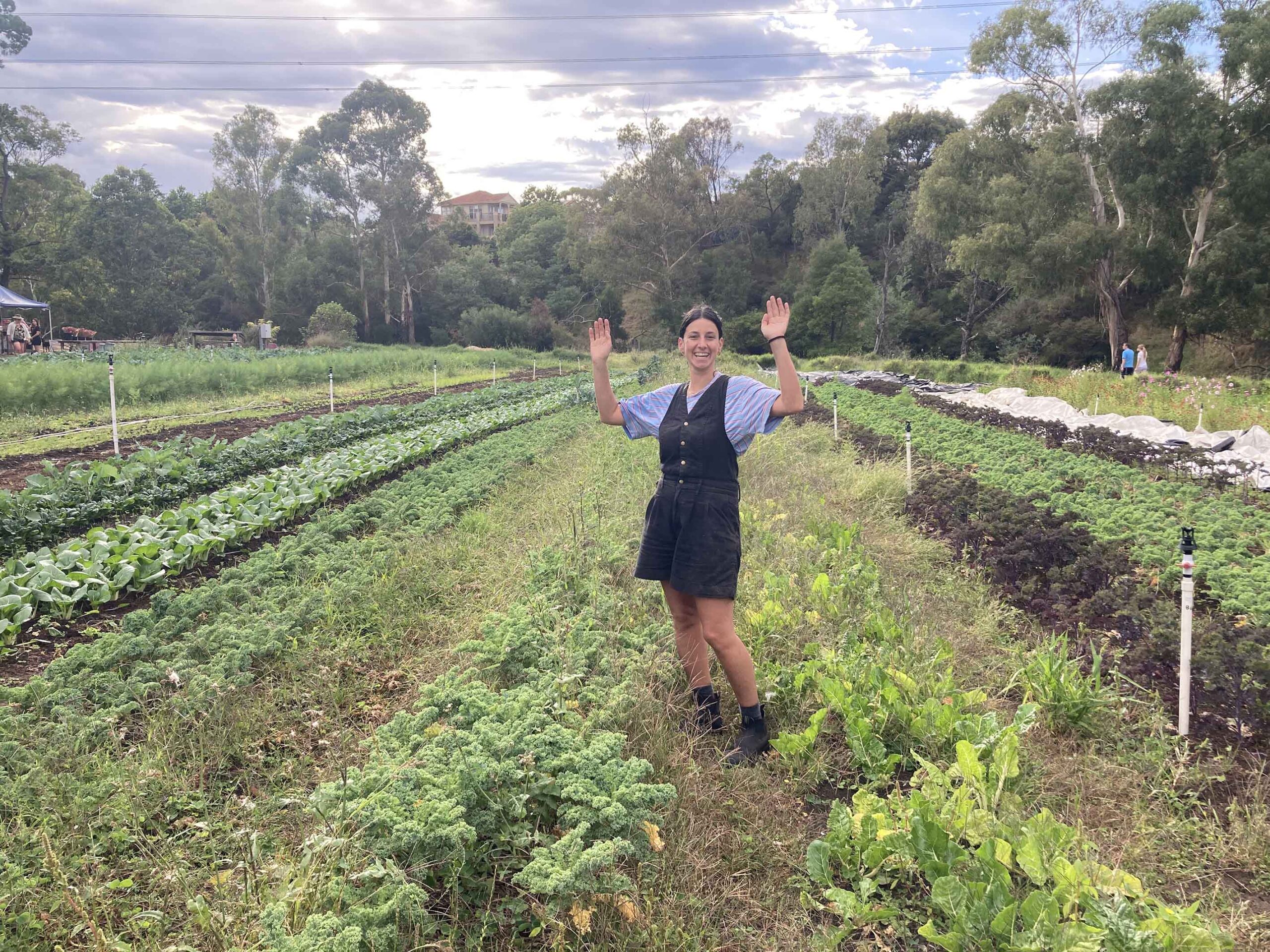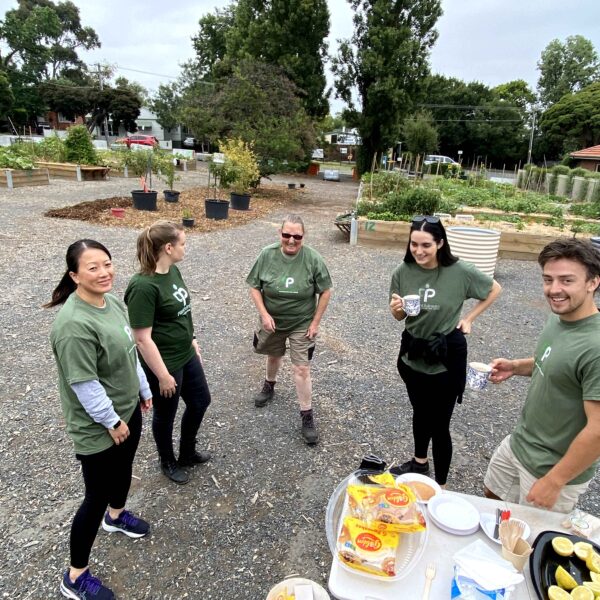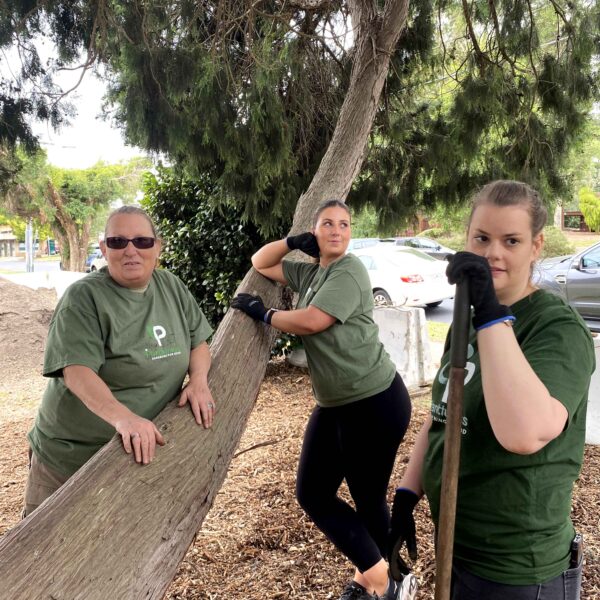
Why We Love Community Gardens
Our Plantfulness event for February was with Mooroolbark Community Garden, where they made us pancakes for breakfast (but that wasn’t the highlight of the experience, we promise!) and taught us how to sew our own seeds because it’s cheaper, more rewarding and most importantly – mindful!
We have a few different community gardens as our partners, both plots for individuals and also gardens where volunteers come together to reap the fruits of their harvest.

Community gardening has become a vibrant movement across neighborhoods, cities, and towns worldwide, and for good reason. It offers a multitude of benefits that extend far beyond just growing fruits and vegetables. Let’s take a closer look at why community gardening is such a valuable endeavor, particularly because it covers both mental and physical health.
1. Promotes Physical and Mental Well-being
Hello, Plantfulness! Engaging in gardening activities, whether it’s planting seeds, weeding, or harvesting produce, provides valuable physical exercise. It gets people outdoors, moving their bodies, and soaking up vitamin D from the sun. Additionally, studies have shown that gardening can have positive effects on mental health, reducing stress, anxiety, and depression. The act of nurturing plants and watching them grow can be incredibly therapeutic and rewarding.
2. Fosters Community Connection
Community gardens serve as gathering spaces where people from diverse backgrounds come together around a shared passion for gardening and healthy living. They provide opportunities for neighbors to meet, collaborate, and form meaningful connections. Whether it’s swapping gardening tips, sharing surplus produce, or simply enjoying each other’s company, community gardens strengthen social bonds and create a sense of belonging.

3. Enhances Food Security
In many urban areas, access to fresh, healthy food is limited, particularly in low-income neighborhoods. Community gardens address this issue by providing a local source of nutritious produce. Participants can grow their own fruits and vegetables or collectively cultivate a variety of crops to share with the community. By increasing food security and promoting self-sufficiency, community gardens play a vital role in improving public health and reducing food deserts.
4. Educates and Empowers
Community gardens are invaluable educational resources, especially for children and young adults. They offer hands-on learning opportunities about plant biology, nutrition, and environmental stewardship. Gardening teaches valuable life skills such as responsibility, patience, and problem-solving. Moreover, community gardens often host workshops, classes, and demonstrations on topics ranging from composting and organic gardening to cooking and nutrition, empowering individuals to make informed choices about their health and the environment.
5. Promotes Environmental Sustainability
By promoting organic gardening practices, composting, and water conservation, community gardens contribute to environmental sustainability. They reduce the carbon footprint associated with food production and distribution by growing food locally. Moreover, community gardens often incorporate native plants and pollinator-friendly habitats, supporting local biodiversity and ecosystem health. As green spaces in urban environments, community gardens also help mitigate the heat island effect, improve air quality, and reduce stormwater runoff.
Community gardening is much more than just growing food; it’s about cultivating vibrant, resilient communities rooted in health, connection, and sustainability. By embracing community gardening, we can reap a bounty of benefits for individuals, neighborhoods, and the planet as a whole. So whether you’re a seasoned gardener or a novice with a green thumb, consider getting involved in a community garden near you – you’ll be sowing the seeds of positive change for generations to come.

